Illinois Winter Weather Preparedness Week
November 10-14, 2025
"By failing to prepare you are preparing to fail." -- Ben Franklin
Winter Weather Safety tips
Make sure your home Emergency Kit is stocked and winter storm ready 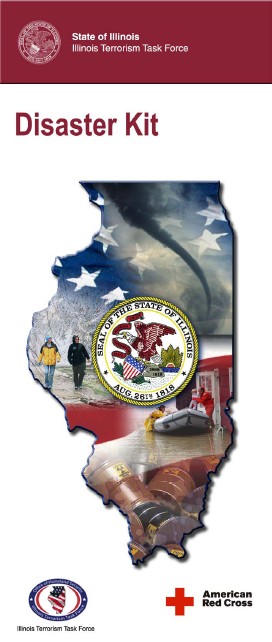
Use sand to improve traction and apply products that melt ice on
walkways
Make sure you have sufficient heating fuel. Regular fuel sources
may be cut off
Keep emergency heating equipment and fuel so you can keep at
least one room of your house warm enough to be livable
Keep fire extinguishers on hand, and make sure your family knows
how to use them.
Winterize your home to extend the life of your fuel supply. Insulate
walls, attics, doors, and windows.
Install storm windows or cover windows with plastic.
Do not overexert yourself or work outside for extended periods of time.
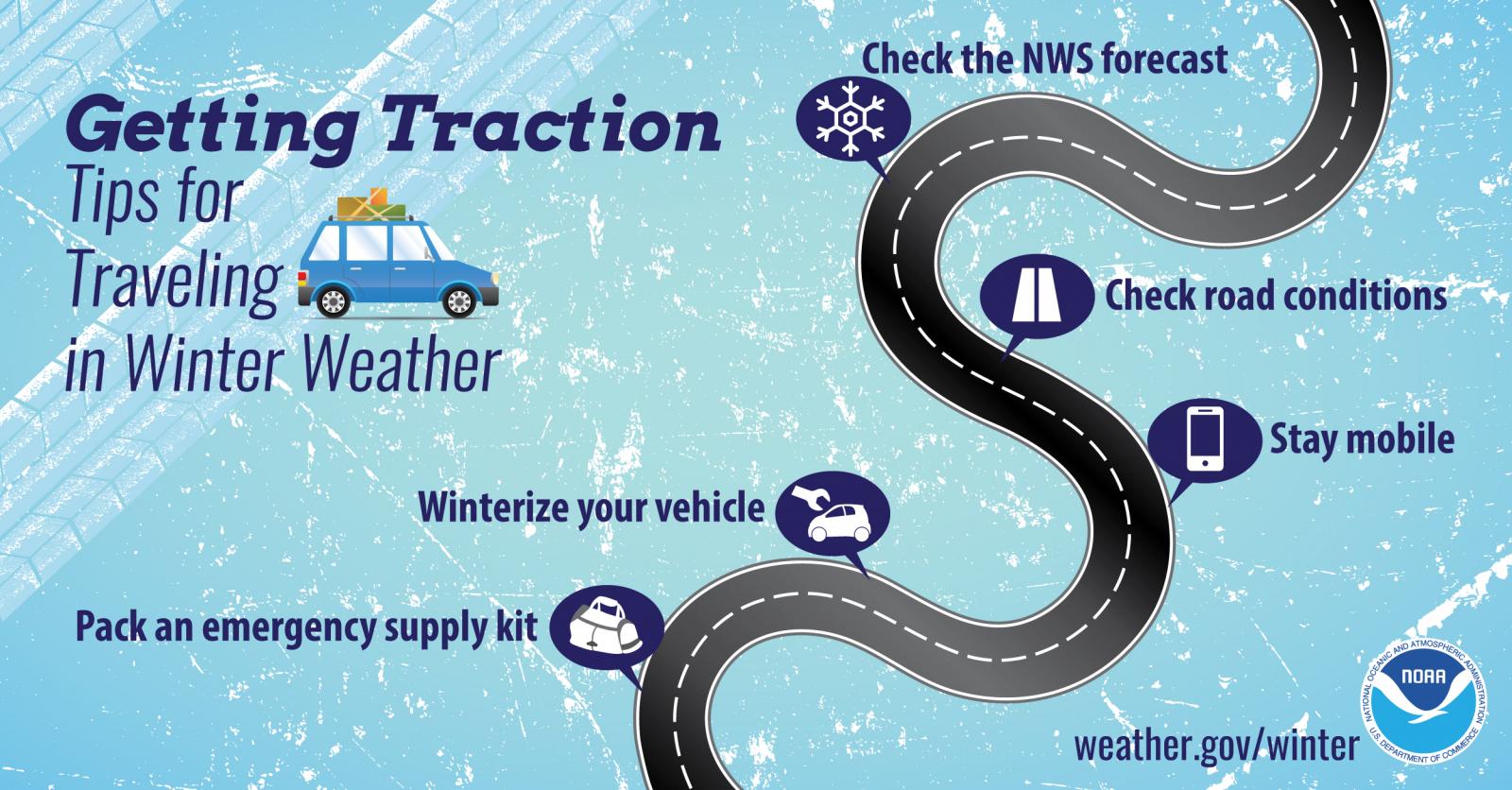
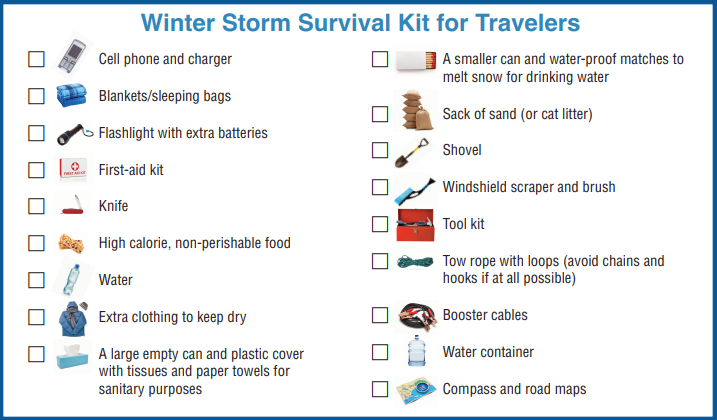
Make sure your car is in good operating
condition before using it in extreme cold.
Keep condensation (water) out of your
gas tank by keeping the tank as full as possible.
Maintain a storm kit in your car with such
items as a cell phone and charger; blankets;
extra clothing; jumper cables; a flashlight;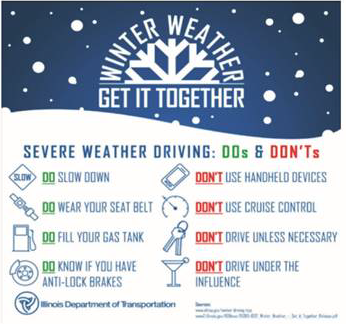
extra batteries; high-calorie, non-perishable
food; and matches or a lighter.
Plan your trip carefully. If cold, snowy, or
icy conditions exceed your ability or your
car's ability, don't travel. If you must travel
be cautious.
Tell someone about your travel plans.
Never leave the motor running in a vehicle
parked in an enclosed or partially enclosed
space, such as a garage.
|
|
|
|
Road conditions are collected by state Departments of Transportation. Detailed information can be obtained through the following phone numbers and web pages. Midwest Road Conditions Illinois Indiana
Iowa
|
Missouri
Wisconsin
Kentucky
|
Frostbite is a severe reaction to cold exposure of the skin that
can permanently damage your extremities. Slowly warm the
affected areas and seek medical help as soon as possible. 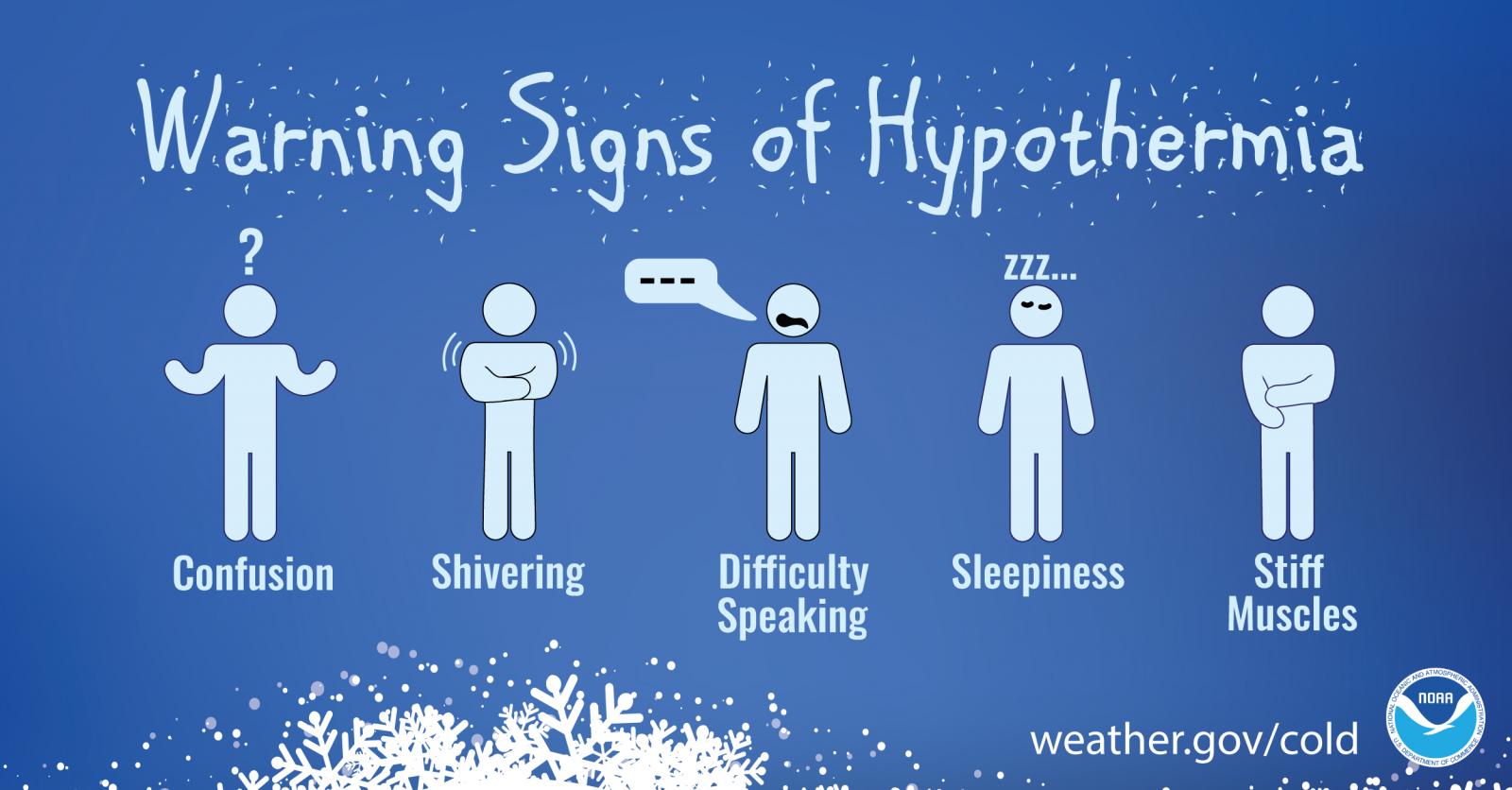
Hypothermia (low body temperature less
than 95 degrees) is a life-threatening
condition! Seek medical attention
immediately! Get into dry clothing, warm
the body core first and give the victim
warm fluids - not hot beverages or alcohol.
Avoid overexertion, such as shoveling heavy snow or walking in
deep snow. The strain from the cold could cause a heart attack
at any age.
Loose fitting, warm clothing worn in layers will insulate better
and keep you warmer
Keep your feet and hands as dry as possible, and wear a hat
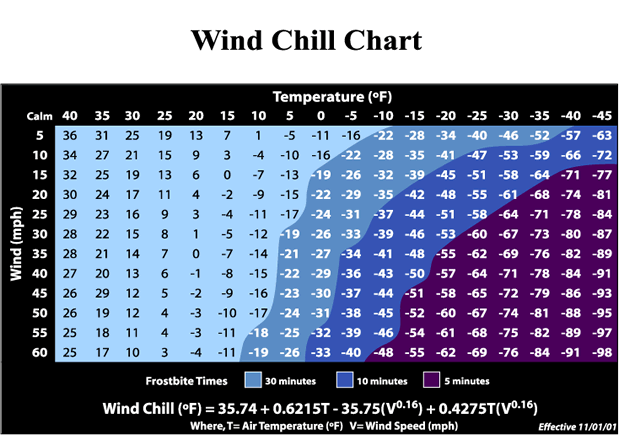
| Average Annual Snowfall (Jan. - Dec.) | Average Winter Snowfall (Dec-Jan-Feb) |
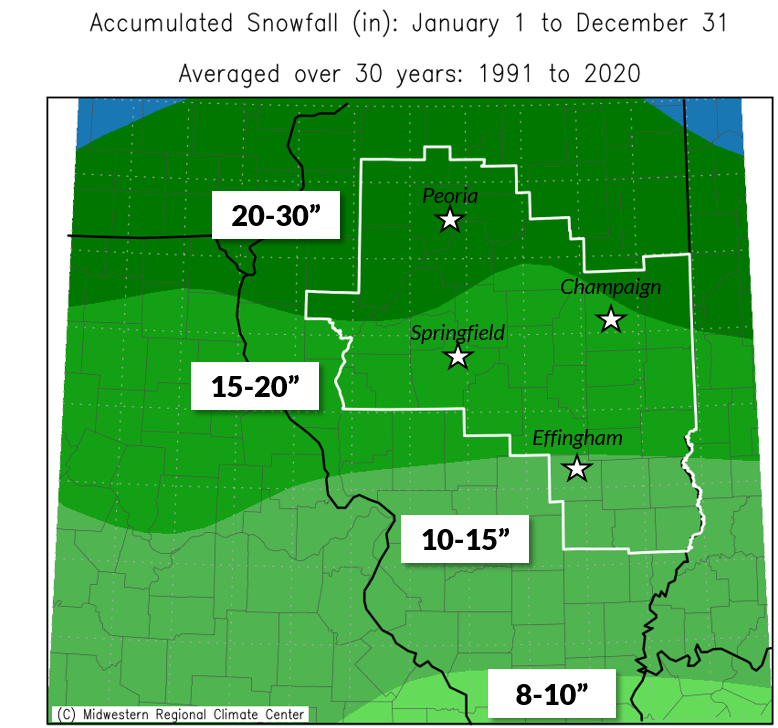 |
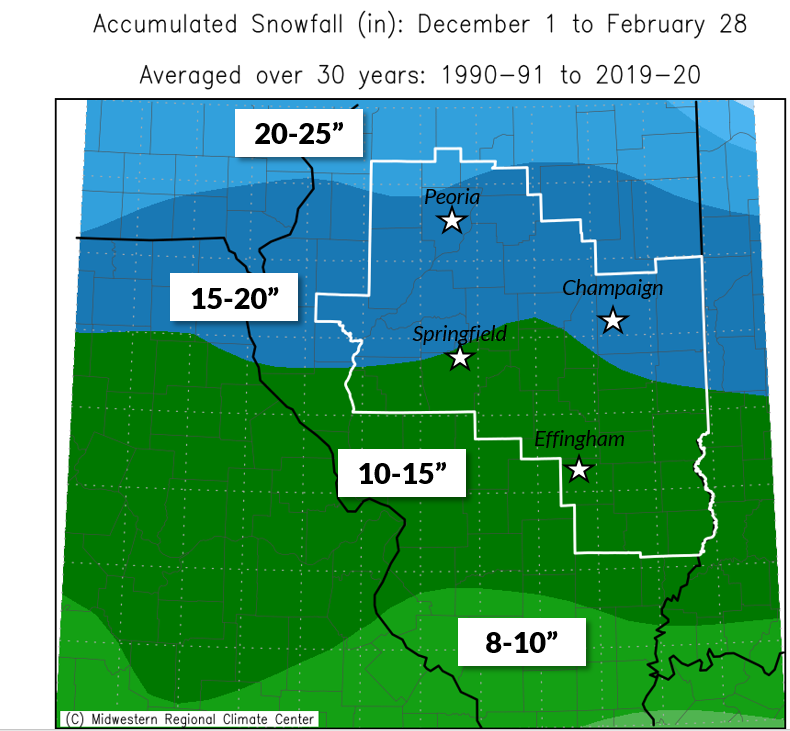 |
| Average Winter Liquid Precipitation (Rain & Melted Snow) | Average Annual Number of Days with Ice (Freezing Rain) |
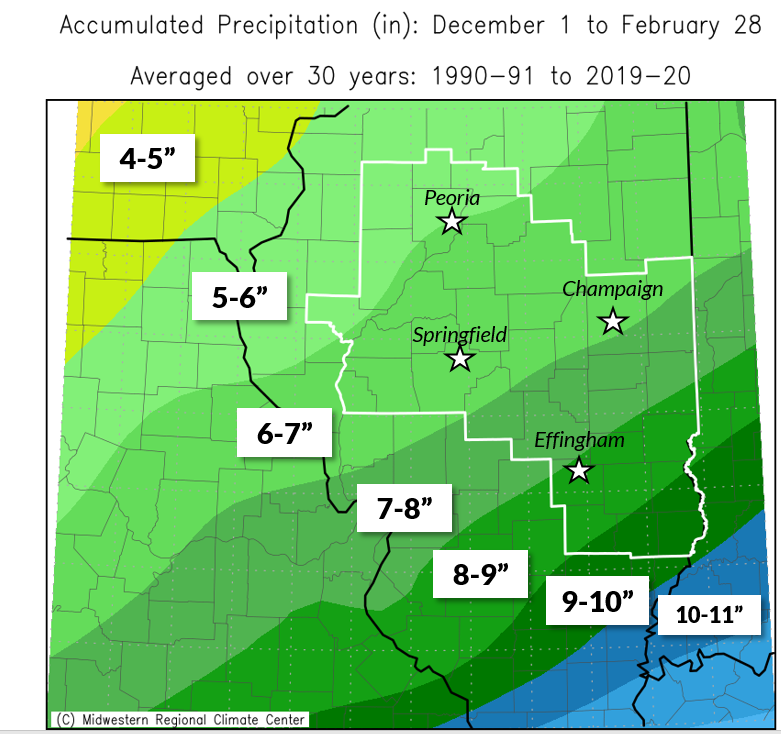 |
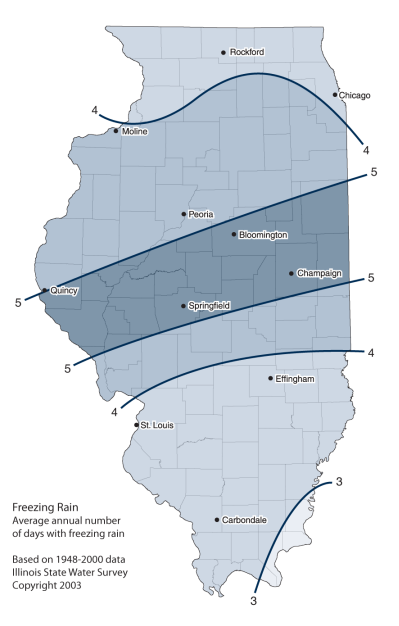 |
| Average Winter High Temperatures | Average Winter Low Temperatures |
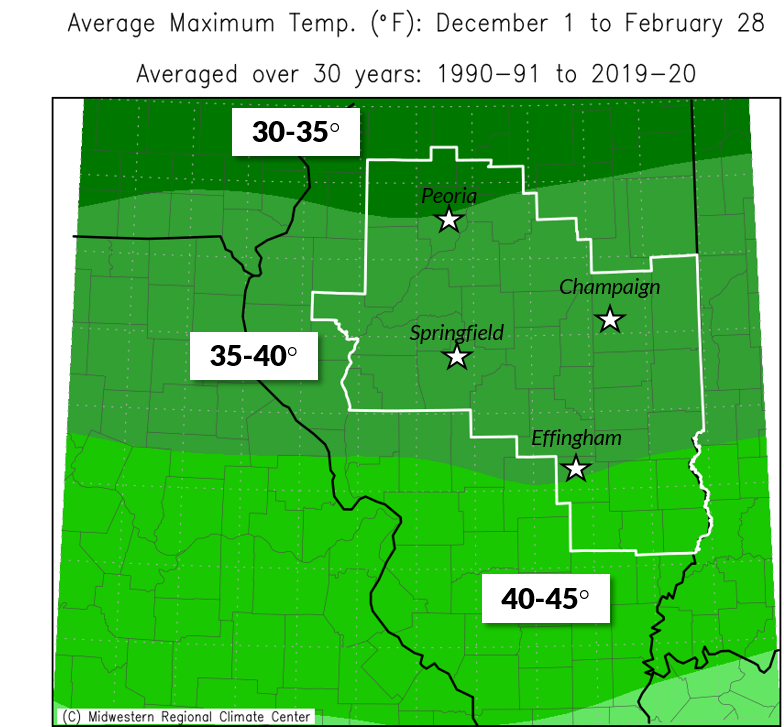 |
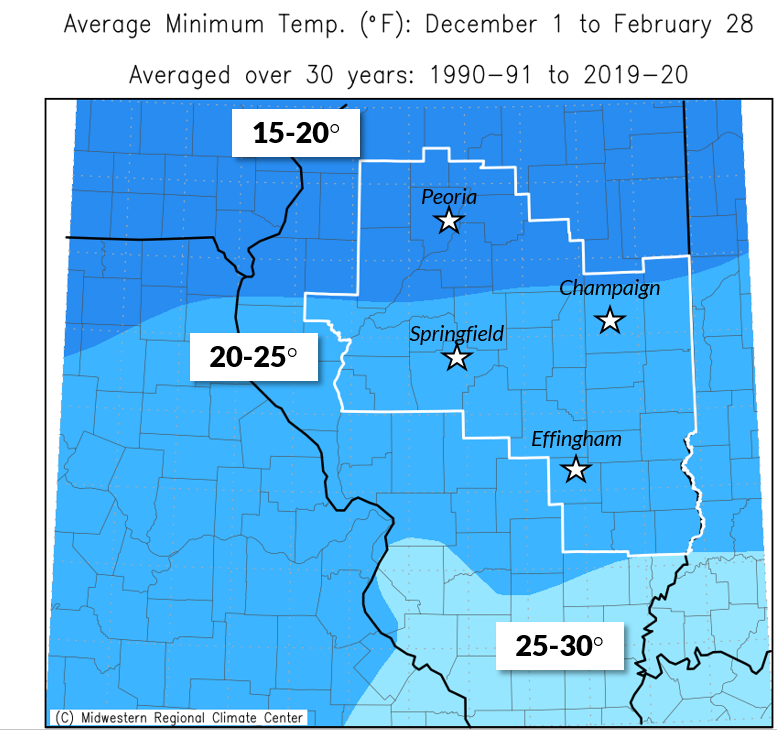 |